Understanding the Essentials of Fuses
A fuse is a critical safety component in electrical systems, designed to protect circuits from the damage caused by overcurrents. These devices are indispensable in safeguarding electronics by interrupting the flow of excessive current to prevent overheating and potential fires. The utility of fuses spans across various applications, from residential to industrial settings, ensuring the longevity and reliability of electrical systems.
Types and Applications of Fuses
The diversity of fuse types caters to a broad spectrum of applications. Car fuses and automotive fuses are specifically engineered to withstand the demanding environment of vehicle electrical systems. Similarly, electrical fuses are tailored for domestic and commercial electrical infrastructures. Specialized variants like the thermal fuse and thermal cutoff fuse respond to temperature changes, providing thermal protection in addition to current overload safety.
Features and Materials
Fuses are composed of materials that respond predictably to heat and current. A glass fuse often contains a thin wire filament enclosed in glass, allowing for visual inspection of the fuse's condition. On the other hand, ceramic fuses offer enhanced durability and are suitable for higher voltage applications. The construction of a fuse, whether it is a max fuse or a hrc fuse, is designed to ensure a precise melting point, at which the circuit is safely interrupted.
Selection Criteria for Fuses
When selecting a fuse, it is crucial to consider its current rating and breaking capacity. The current rating indicates the maximum current the fuse can handle without interrupting the circuit under normal conditions. The breaking capacity, or interrupting rating, is the maximum current the fuse can safely interrupt. Ensuring that a fuse's breaking capacity is sufficient for the circuit's potential short circuit current is vital for effective protection.
Advantages of Proper Fuse Selection
The correct selection and application of fuses bring numerous advantages. They provide a simple yet effective method of protecting electrical components from damage, thereby reducing the risk of costly repairs or replacements. Furthermore, the use of a vehicle fuse or an automatic fuse in automotive and industrial environments respectively ensures the safety and functionality of complex machinery.
Conclusion
In conclusion, the role of fuses in electrical safety cannot be overstated. From auto fuses to electronic fuses, the appropriate choice safeguards not only the electrical system but also the end-users. While Alibaba.com serves as a conduit for a multitude of suppliers offering a wide array of fuses, it is imperative for buyers to assess their specific needs to find the most suitable fuse options available on the platform.

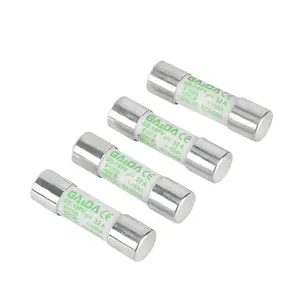






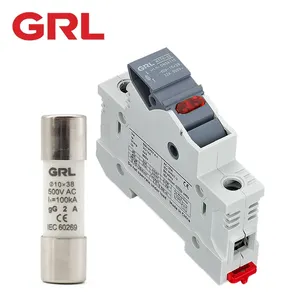

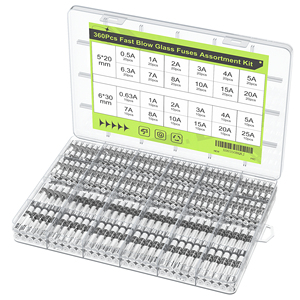


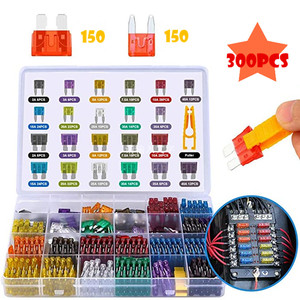
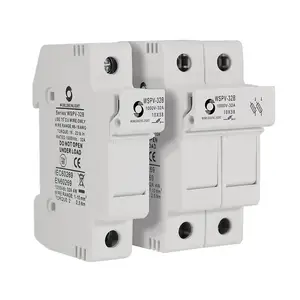




























 浙公网安备 33010002000092号
浙公网安备 33010002000092号 浙B2-20120091-4
浙B2-20120091-4